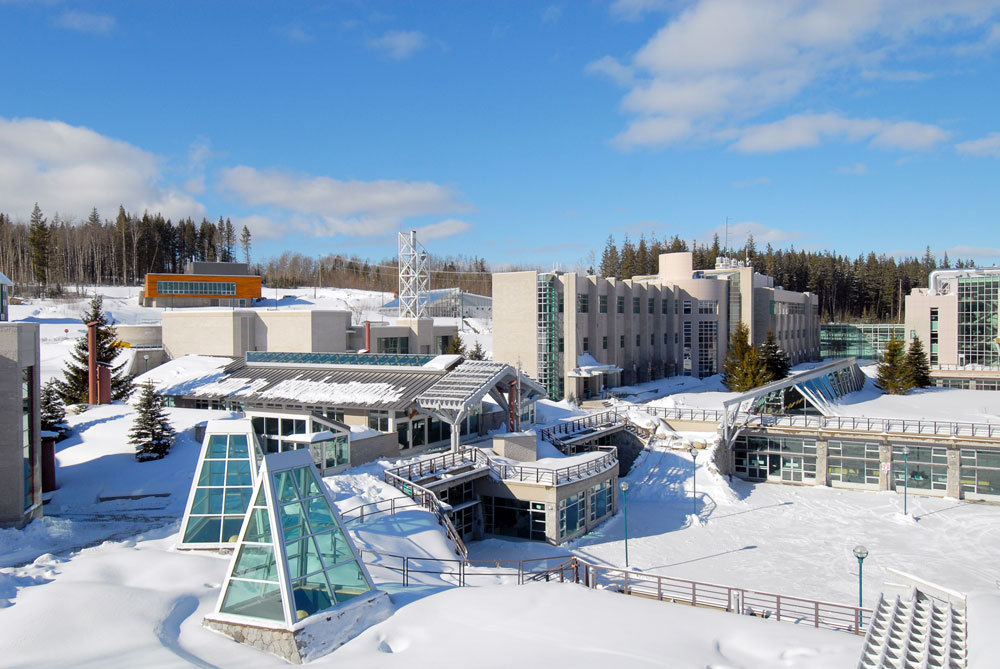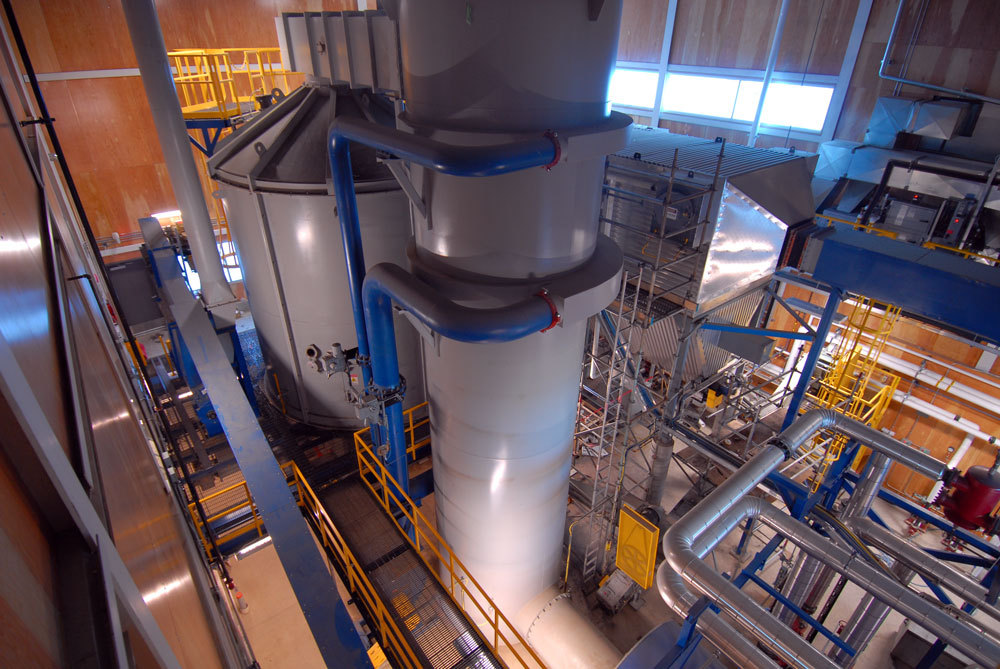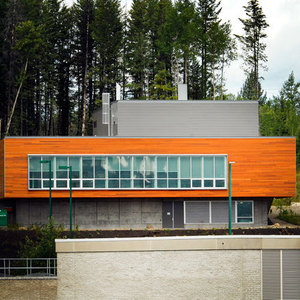Partnership fuels expansion of UNBC's bioenergy system










British Columbia Ministry of Advanced Education
September 3, 2014
BY British Columbia Ministry of Advanced Education
Advertisement
Advertisement
Related Stories
Moisture in wood and biomass operations impacts product as well as equipment, energy usage, production efficiency, downtime and more.
A bioenergy with carbon capture and storage (BECCS) project under development in Sweden by Stockholm Energi was awarded planning approval on March 28 by the country’s Land and Environmental Court.
The U.S. DOE has opened a funding opportunity making up to $25 million available to support clean energy technology deployment on Tribal lands. Projects fueled by biomass, biogas, RNG or renewable hydrogen are among those eligible for the funding.
The International Biomass Conference & Expo was held in Richmond, Virginia, in early March.
Meeting net-zero objectives will require operators to increasingly leverage modern technologies and adopt innovative processes.





